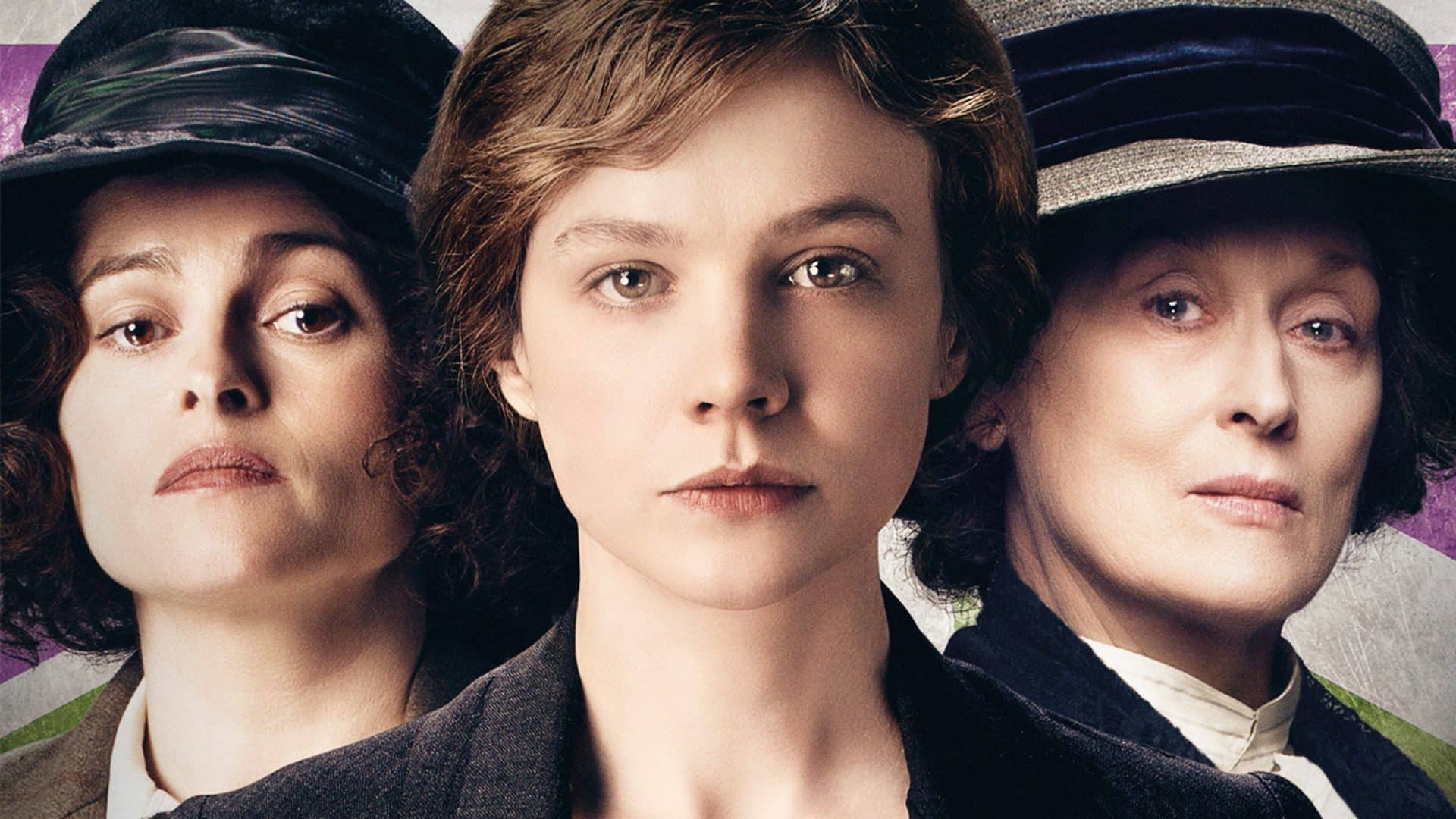Suffragette is a 2015 movie directed by Sarah Gravon. The film is set in England in the 1910s, during the feminist struggle for universal suffrage. The historical/dramatic film starred Maud (Carey Mulligan), a woman like the others, married and with a son, who works in a factory where she is exploited and abused, like all the other employees. She stumbles upon a woman breaking the windows and slowly approaches the movement. But this comes at a price: in addition to the newspapers that continue to describe suffragettes as spinsters, unstable people, as well as having to agree to be considered unfit to vote because with a lower intellect, Maud will also face her husband’s repudiation and even the fact that custody of her own son is taken away from her. Between arrests and hunger strikes, some suffragettes give up the fight (which is understandable in such circumstances) and others are unfortunately martyrs. Maud decides to continue to rebel and to demand loudly the right to vote. In fact, clandestine meetings in the pharmacy of Edith (Helena Bonham Carter) continue, followed by harsh protests often not peaceful, all following the plans of Emmeline Pankhurst (Meryl Streep), the greatest promoter of the suffragette movement.
I really liked the film overall, I don’t think I have the skills to make it a technical analysis, but I can say that I really appreciated the fact that the movie shows how the suffragettes were nothing but women like us, with a not infinite courage, with weaknesses and above all with a great deal of fear. I think it is important to draw attention to the fact that the decision to protest to the death in order to obtain the right to vote was not in fact a real choice; these women had no alternative, if they had not acted so, they would have continued to not exist. We owe them so much, and I think it’s wrong and deeply unfair to romanticize what they went through to get what men were always given.
We all know the extraordinary talent of an actress like Meryl Streep, so I was not entirely happy to see her only in a couple of scenes. However, I understand the author’s choice to represent the everyday life of a girl who represents many, instead of that of a great historical figure that we all already know and admire.
One thing I very much appreciated was the inclusion of the dates on which women in the world obtained the right to vote, before the credits.
Valeria Del Sordo, 4N
